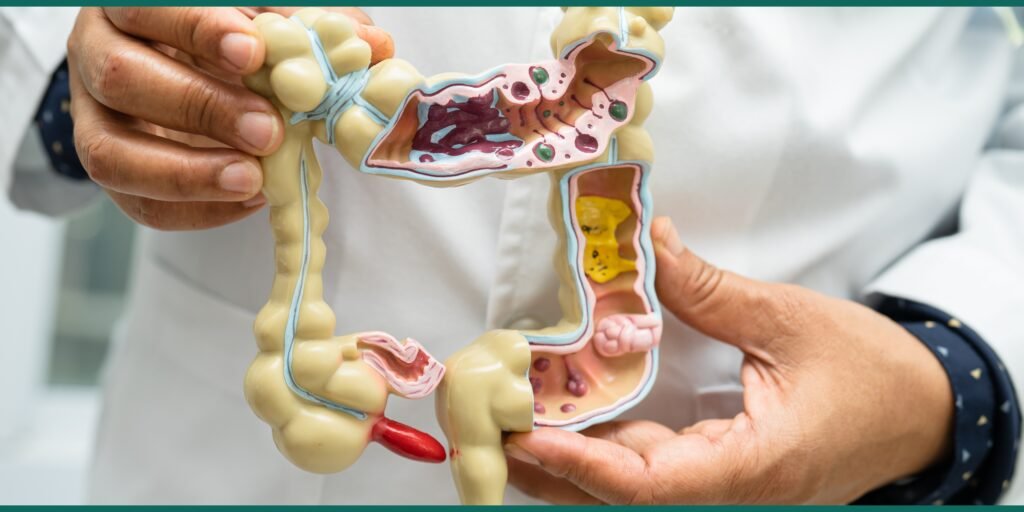9 Amazing Foods that Reduce Stress and Anxiety While Aging Gracefully

Last Updated on June 30, 2025 by George
Navigating stress and anxiety during your golden years doesn’t have to be overwhelming. Research shows that what you eat can significantly impact your mental well-being, offering a natural and empowering way to support your emotional health. This comprehensive guide explores nine scientifically-backed foods that can help reduce stress and anxiety specifically for seniors.
From omega-3 rich salmon to magnesium-packed leafy greens, these foods work through various mechanisms—supporting brain health, regulating mood-stabilizing neurotransmitters, and promoting a healthy gut microbiome. Recent studies continue to confirm that Mediterranean-style diets, rich in these stress-reducing foods, are associated with significant reductions in depression and anxiety symptoms.
You’ll discover how fatty fish boost serotonin levels, why dark chocolate provides natural mood enhancement, and how probiotics support the crucial gut-brain connection. We’ll also explore the science behind why these foods work, practical tips for incorporating them into your daily routine, and answer common questions about nutrition and mental health. Whether you’re looking to enhance your own well-being or support a loved one, these dietary insights provide actionable steps toward better mental health—something you can control and influence every day.
The Role of Anxiety and Stress in Human Survival
The connection between what you eat and how you feel is more significant than many people realize. Recent research from 2024 found that people consuming high amounts of ultra-processed foods have a 48 percent increased risk of anxiety and a 22 percent increased risk of depression.
The magic happens through something called the gut-brain axis—a bidirectional communication highway between your digestive system and your brain. This connection involves your nervous system, immune system, and hormonal signals working together. When you nourish your gut with the right foods, you’re essentially feeding your brain the nutrients it needs to produce mood-stabilizing chemicals like serotonin and dopamine.
Think of your gut microbiome as a thriving community of trillions of helpful microbes. When this community is healthy and balanced, it produces neurotransmitters that keep your mood stable and your stress levels manageable. Feed it well, and it returns the favor by supporting your mental well-being.
Prefer to listen rather than read?
The reflex is naturally selected. Animals that are incapable of learning from stress often lack the guts to drink water in places along the riverbank where previous experience should otherwise tell them that crocodiles wait in ambush. They become lunch as a result.
Or, in the case of organisms that lack the cognitive capacity to feel anxiety, they get flattened, crushed underfoot by a herd of mammoths because their instincts failed to warn them of an impending threat to their survival.
Researchers today are inclined to believe that human beings have survived and, indeed, learned to dominate this world precisely because they are able to feel stress and anxiety.
Hoping for good outcomes and worrying about bad ones comes with being a member of the species Homo Sapiens. It is a universal reality among us, and humans have lived with both for as long as the species has been around.
So much so that the words “stressed” and “anxious” have in themselves become universal terminologies that may mean different things to different people.

Many individuals express their apprehension by describing feelings of nervousness, jitters, and panic. They may even experience physical symptoms such as stomach discomfort. Some might even use colorful language to convey just how frightened they truly are.
Each of these moods is arguably a form of stress or anxiety. But despite the multitude of variations, we know exactly – or at least we have a clear idea – as to what each of these expressions means.
That’s why it is difficult to imagine how regular helpings of nuts and fish can help stop the enormous tsunamis of worry and distress that rise and come crashing down onto the lives of countless millions of older people every day.
Seniors who care for ill spouses, who look after orphaned or abandoned grandchildren, who are battling the consequences of grief, disease, and failing health, or who are worried about their ability to live independently in the future, they all have sufficient reason to feel anxious and stressed.
Will regular helpings of nuts and some fish in our diets really help to quiet our many stressful and anxious apprehensions?
Can What You Eat Really Affect Your Mood?
It turns out that the answer is yes; some foods do have a surprisingly significant effect on your mood. In recent years, large population studies have found that people who consume more nutrient-dense foods report less anxiety and greater levels of mental well-being.
Researchers published the results of one of the first major trials to shed light on this subject. They recruited 67 clinically depressed individuals and split them into two groups. They asked one group to learn and follow a Mediterranean-style diet guided by a dietitian. The other group received social support without dietary guidance.
Before the trial, both groups had habitually consumed high amounts of sugary foods, processed meats, and salty snacks while lacking fibre, lean proteins, fruits, and vegetables.
However, the group that stuck to foods that reduce stress and anxiety made significant dietary shifts. They stuck to a diet of nuts, beans, fruits, and vegetables. They chose whole grains over refined ones and swapped processed meats for seafood and lean red meats, as well.
Both groups continued their prescribed medications, as the study aimed to explore whether foods that reduce stress and anxiety could complement existing treatments rather than replace them.
After 12 weeks, both groups showed improved depression scores, possibly due to the added support from the trial.
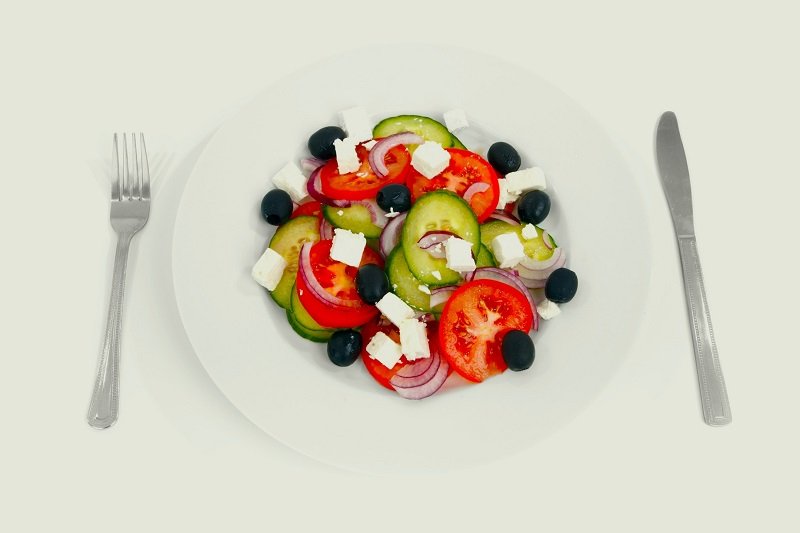
The group that stuck to foods that reduce stress and anxiety experienced notably greater improvement. Doctors classified roughly a third of those individuals as no longer depressed, compared to only 8 percent in the control group.
This suggests that adopting a healthier diet could significantly contribute to alleviating depression symptoms alongside other lifestyle adjustments.
“Nutrition is not the only thing you need to take care of for your mental health,” says Dr. Drew Ramsey, author of the book, “Eat to Beat Depression and Anxiety,” and founder of the Brain Food Clinic in New York. “Mental health is a lot of work, but nutrition has got to be something you get right.”
How Foods That Reduce Stress and Anxiety Benefit Mental Processes
The research analysis has not been the only study on the subject. In recent randomized trials, including one involving 150 adults with depression, researchers discovered that participants who followed a Mediterranean diet for three months experienced significant reductions in symptoms of stress and anxiety.
Exactly how do supposed foods that reduce stress and anxiety in older people work on our mental well-being, anyway?
Over the years, a growing body of research has provided intriguing hints about how these foods function to affect our mood. One way is by promoting a healthy digestive system.
The bidirectional communication pathway between the gastrointestinal tract (the gut) and the brain is called the gut-brain axis. This connection is facilitated by various pathways, including the nervous system, immune system, and hormonal signals.
Several types of food interact with this axis to create a positive influence on our mood and mental well-being.

A healthy diet plays a crucial role in maintaining a balanced and diverse gut microbiome, the community of trillions of microbes living in our digestive system, including bacteria, fungi, and viruses.
Since these gut microbes are involved in numerous essential functions, including the production of neurotransmitters such as serotonin and dopamine, they affect our feelings of happiness, pleasure, and overall mood stability.
The gut microbiome’s ability to produce these neurotransmitters suggests that its composition and health can significantly impact our mental well-being.
For example, foods that contain the amino acid tryptophan-like turkey, chicken, seafood and nuts- can boost the level of serotonin in your brain.
“Eating a salad is not going to cure depression,” says Dr Jacka of the Food & Mood Centre at Deakin University in Australia, who led the 2017 study. “But there’s a lot you can do to lift your mood and improve your mental health, and it can be as simple as increasing your intake of plants and healthy foods.”
Nine Foods That Reduce Stress and Anxiety in Older Adults
Most psychiatric professional groups have refrained from prescribing specific diets for mental health because of a need for further research in this area.
But public health experts throughout the world have already started urging people, especially older adults, to adopt healthy dietary habits that include foods that reduce stress and anxiety, among other brain-related benefits.
For instance, the Royal Australian and New Zealand College of Psychiatrists have released clinical guidelines advising clinicians to prioritize addressing foods that reduce stress and anxiety and exercise before initiating medication or psychotherapy for patients.
Below are nine types of the most highly recommended foods that reduce stress and anxiety in seniors.
Fatty Fish (Salmon, Mackerel, Sardines)
Fatty fish are nutritional powerhouses for brain health. Omega-3 fatty acids, particularly EPA and DHA found in these fish, have demonstrated antidepressant effects through their modulation of neuroinflammation, neurotransmitter function, and neuroplasticity.
these fish naturally boost serotonin levels—your brain’s “happiness chemical”—while providing anti-inflammatory benefits that protect your brain cells. Aim for two servings per week, whether grilled, baked, or added to salads.
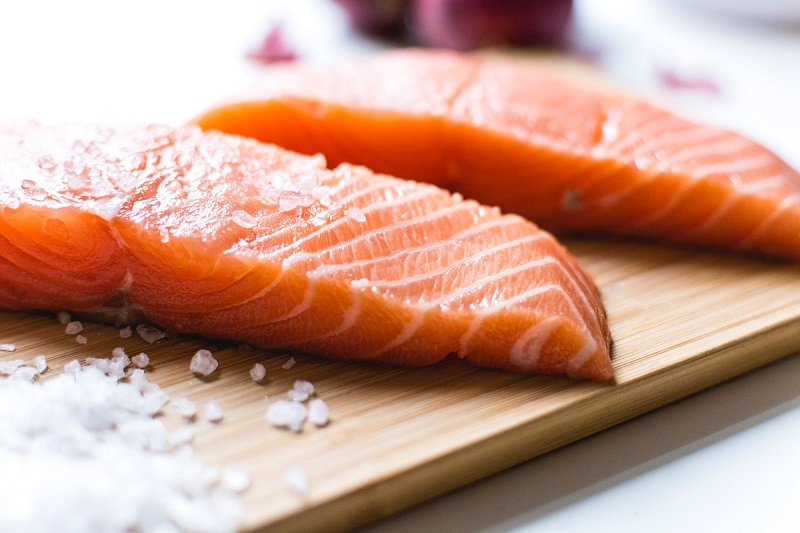
Leafy Greens (Spinach, Kale)
These nutrient-dense vegetables are packed with magnesium, a mineral that acts as nature’s relaxation agent. Magnesium helps regulate cortisol levels—your body’s primary stress hormone—while supporting the production of GABA, a neurotransmitter that promotes calm feelings.
Leafy greens also contain high levels of folate, which supports dopamine production. This neurotransmitter is associated with pleasure, reward, and motivation—feelings that naturally counteract anxiety and depression.
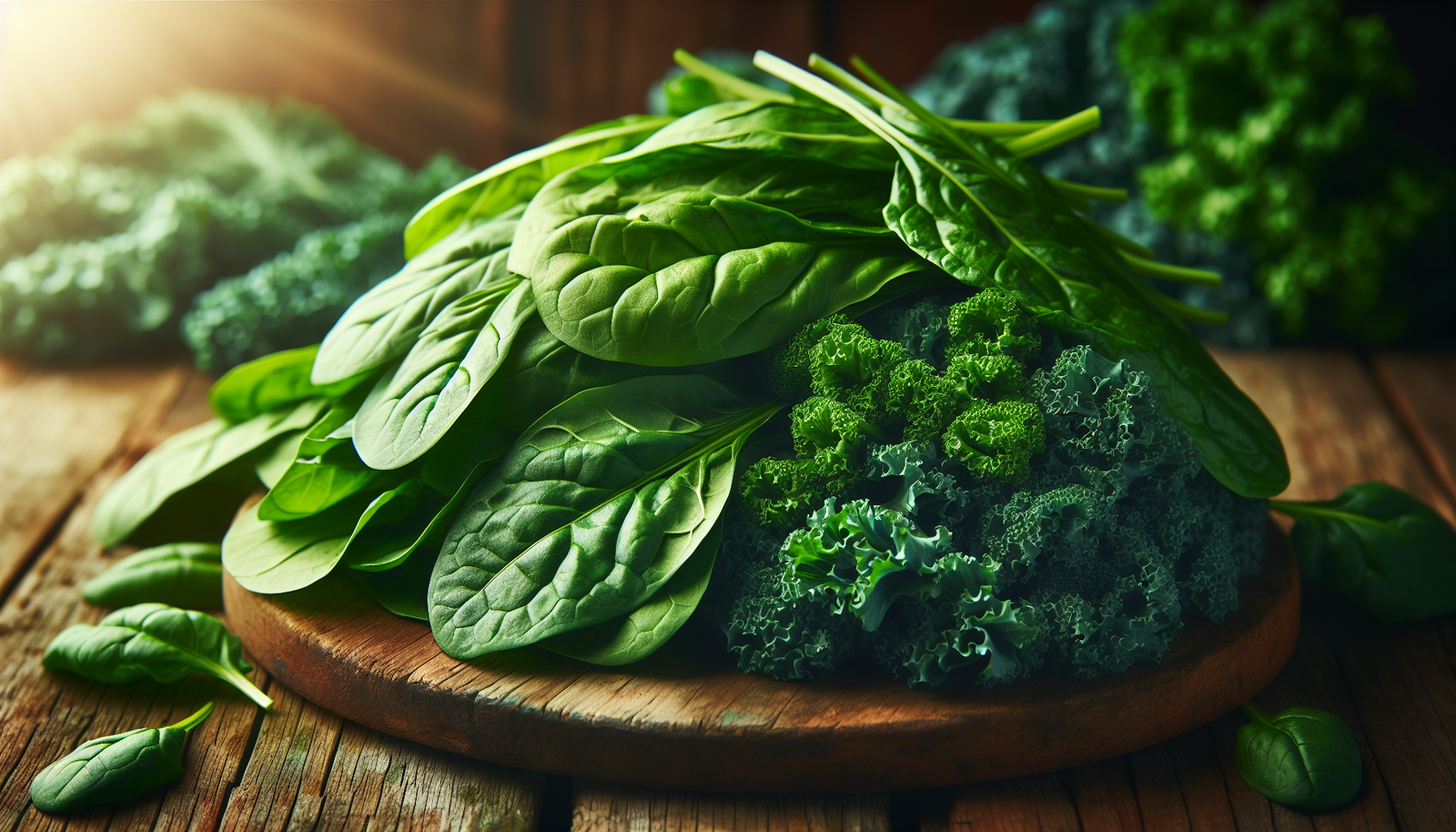
Berries (Blueberries, Strawberries)
Berries are antioxidant superstars that combat oxidative stress and inflammation throughout your body, including your brain. Their high vitamin C content helps reduce stress-related damage to your cells while supporting your immune system during challenging times.
The anthocyanins in berries—the compounds that give them their vibrant colors—have been shown to improve communication between brain cells and enhance memory function.

Nuts and Seeds (Almonds, Walnuts, Pumpkin Seeds)
Nuts and seeds are yet another highly popular item on the list of foods that reduce stress and anxiety in seniors. These foods contain magnesium, zinc, and healthy fats that support brain function.These convenient snacks provide a perfect combination of magnesium, zinc, and healthy fats that support optimal brain function. Walnuts are particularly rich in alpha-linolenic acid (ALA), a plant-based omega-3 fatty acid that supports brain health.
Almonds provide vitamin E, which may help prevent mood disorders related to deficiency. Pumpkin seeds offer zinc, a mineral crucial for neurotransmitter function and mood regulation.Nuts and seeds are yet another highly popular item on the list of foods that reduce stress and anxiety in seniors. These foods contain magnesium, zinc, and healthy fats that support brain function.

Dark Chocolate
Here’s permission to indulge mindfully! Dark chocolate contains N-acylethanolamines, fatty acids that provide natural euphoric effects and help relieve negative moods. The flavonoids in dark chocolate boost serotonin levels while providing antioxidant protection for your brain.
Choose varieties with at least 70% cacao content to maximize benefits while minimizing added sugars. A small square or two daily can provide mood benefits without excessive calories.

Turmeric
This golden spice contains curcumin, a powerful compound with anti-inflammatory and antioxidant properties that may positively affect brain health and reduce anxiety symptoms. Curcumin appears to influence serotonin and dopamine levels while protecting brain cells from oxidative stress.
Add turmeric to warm milk, smoothies, or curry dishes. Combining it with black pepper enhances absorption, making it more effective.

Probiotics (Yogurt, Kefir, Kimchi)
These fermented foods support the gut-brain connection by promoting a healthy microbiome. The beneficial bacteria in these foods help produce neurotransmitters and reduce inflammation that can contribute to anxiety and depression.
Greek yogurt provides the added benefit of protein, which helps stabilize blood sugar levels—important for maintaining steady moods throughout the day.
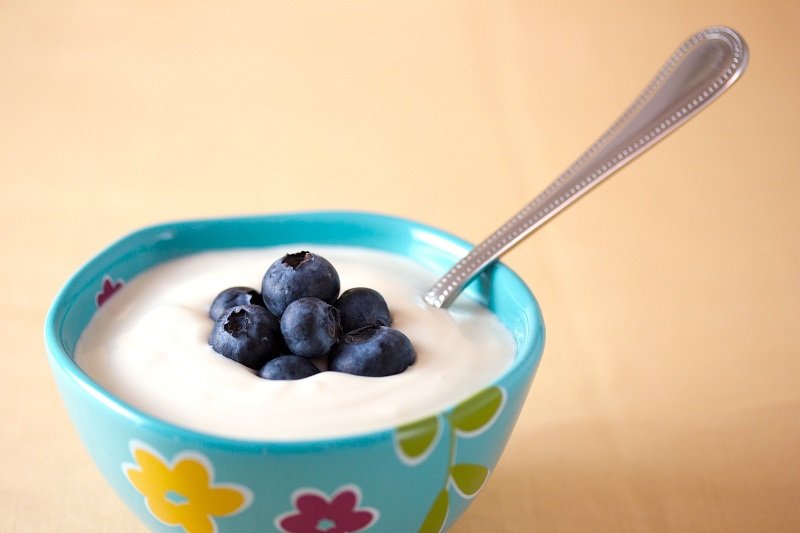
Complex Carbohydrates (Oats, Quinoa, Whole Grains)
Unlike simple carbohydrates that cause blood sugar spikes and crashes, complex carbohydrates provide steady energy while supporting serotonin production. This steady release helps maintain stable moods and reduces anxiety-provoking blood sugar fluctuations.
Oats are particularly beneficial as they contain beta-glucan, a type of fiber that feeds beneficial gut bacteria and supports overall digestive health.
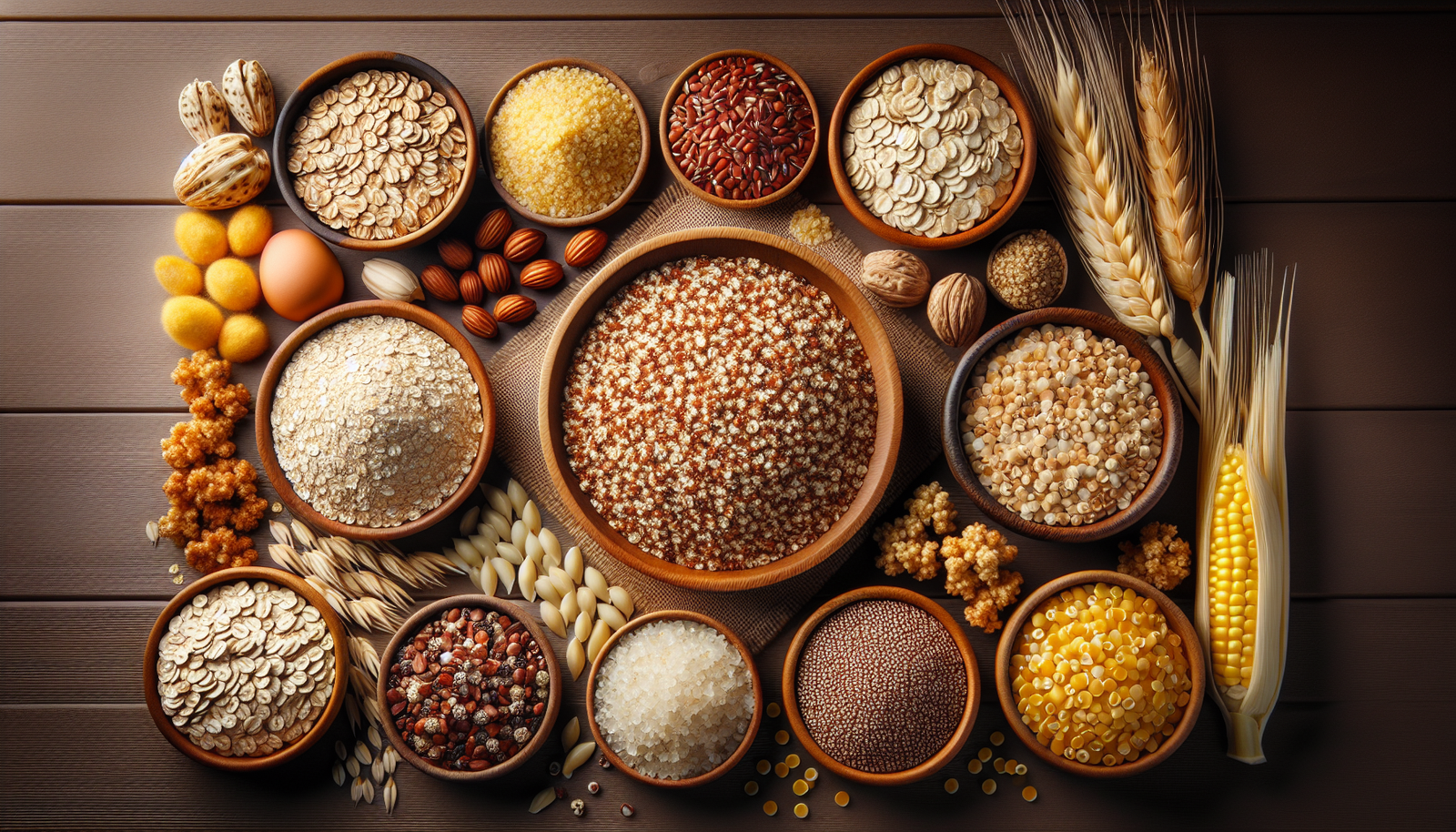
Chamomile Tea
While technically a beverage, chamomile tea deserves mention for its well-documented calming properties. The flavonoid apigenin in chamomile binds to receptors in your brain that promote relaxation and may help reduce anxiety while improving sleep quality.
Practical Tips for Incorporating These Foods
Start small and build gradually. Choose one or two foods from this list that appeal to you and incorporate them into meals you already enjoy. Add berries to your morning oatmeal, include salmon in your weekly dinner rotation, or replace afternoon snacks with a handful of nuts.
Remember that consistency matters more than perfection. Even small, regular changes can make a meaningful difference in how you feel. Consider meal planning to ensure you’re including these beneficial foods throughout your week.
If you want to learn more about healthy diets or even Mediterranean cuisine and cooking, you will find many affordable short courses online.
But remember, it’s essential to consult a healthcare professional or nutritionist before making significant dietary changes, especially for seniors with existing health conditions or taking medications that may interact with certain foods.

A Question of Courage and Imagination
Ultimately, we must accept that stress and anxiety are still mysteries. We may have charted its surface contours, but we know little of what goes on underneath them.
Maybe that is because stress and anxiety are jumbled up with our own personal experience of life. Do we really know anyone, friends and family, included as well as we know ourselves? If not, how can we really know the things that others fear and worry about the most?
Some people seem to feel no anxiety or stress at all. Sometimes, we marvel at these people for their “courage” but, in reality, we suspect that they are either born lucky – or they lack imagination.
The monster under your bed may be imaginary, but the fact that you are anxious about it proves that you have that much imagination. Other people are afraid of heights because they cannot help but imagine themselves falling.
Most of us have social anxieties because we imagine ourselves less interesting than the other guests at the party. That is until our brain shuts off the release of cortisol and other chemicals that make us feel stressed and anxious. Then we feel better.
Beyond Individual Foods: The Mediterranean Approach
Research specifically focused on older adults found that adherence to a Mediterranean diet was inversely associated with anxiety and stress levels. This eating pattern emphasizes many of the foods we’ve discussed—fatty fish, leafy greens, nuts, and olive oil—while limiting processed foods and added sugars.
The Mediterranean approach isn’t just about individual foods; it’s about a way of eating that prioritizes whole, minimally processed foods that work together to support your overall health and well-being.
FAQ: Foods That Reduce Stress and Anxiety
- How might Brazil nuts improve mood and reduce anxiety?
- Brazil nuts may help improve mood and reduce anxiety due to their high selenium content, a mineral that reduces inflammation often linked to mood disorders. Selenium also acts as an antioxidant, protecting brain cells and supporting overall brain health. Additionally, Brazil nuts are rich in vitamin E, another antioxidant associated with anxiety reduction. While they offer potential mental health benefits, moderation is essential, as overconsumption can lead to adverse effects.
- What effects does green tea have on mood disorders?
- Green tea may positively affect mood disorders due to its high theanine content, an amino acid known for its calming properties. Theanine supports relaxation and may enhance the production of neurotransmitters like serotonin and dopamine, which regulate mood and emotions. Studies, including one from 2017, highlight the benefits of 200 mg of theanine in reducing tension and promoting calmness. Adding green tea to your diet offers an easy and natural way to support mental well-being while replacing less healthy beverage options.
- How does vitamin D affect mood disorders such as anxiety?
- Vitamin D plays a key role in managing mood disorders like anxiety, with research linking its deficiency to increased symptoms of anxiety and depression. Maintaining adequate vitamin D levels through supplements is often recommended, as dietary sources like fatty fish may not provide enough. High-dose supplements can help improve blood levels, potentially reducing mood-related issues. Special populations, such as pregnant women and older adults, may particularly benefit from adequate vitamin D to support mental well-being.
- What are the mental health benefits of consuming eggs?
- Eggs provide mental health benefits due to their rich nutrient profile. They are a notable source of vitamin D, which supports mood and cognitive function, and offer a complete protein package, including tryptophan, an amino acid essential for serotonin production. Serotonin plays a key role in regulating mood, sleep, and behavior, making tryptophan-rich foods like eggs valuable for mental well-being. While further research is needed, incorporating eggs into a balanced diet may help improve mood and reduce anxiety.
- When should someone seek medical advice for anxiety?
- Seeking medical advice for anxiety is important when it begins to disrupt daily life. If persistent worry, restlessness, or panic affects work, relationships, or routines, consulting a psychologist or psychiatrist is advisable. Physical symptoms like rapid heartbeat or dizziness, often linked to anxiety, also warrant medical attention. A healthcare provider may recommend therapies such as cognitive-behavioral therapy (CBT) or, in severe cases, prescribe medications like SSRIs or SNRIs. Early intervention ensures better outcomes, so reaching out for help is essential when these signs appear.
- What are the common treatments for generalized anxiety disorder (GAD)?
- Generalized Anxiety Disorder (GAD) is commonly treated with a combination of therapy, medication, and lifestyle adjustments. Cognitive Behavioral Therapy (CBT) is highly effective in helping individuals identify and change negative thought patterns that fuel anxiety. Medications such as antidepressants and anti-anxiety drugs are often prescribed to regulate brain chemistry and manage symptoms. Additionally, emerging research suggests that proper nutrition, including anxiety-reducing nutrients, may provide supplementary relief. A comprehensive approach combining these methods can help effectively manage GAD.
- How is anxiety defined and what are its common symptoms?
- Anxiety is a common mental health condition affecting millions worldwide, presenting as occasional or persistent symptoms. When these symptoms last for six months or more, it may indicate generalized anxiety disorder (GAD), which involves both psychological and physical challenges. Common psychological symptoms include excessive worry, nervousness, irritability, and difficulty focusing. Social and professional life can also be impacted, leading to strained relationships and work-related stress. Physical symptoms such as rapid heartbeat, muscle tension, and chest pressure are frequent. Recognizing these signs early is crucial for seeking timely support and effective treatment.
- How can deficiencies in specific nutrients affect mood?
- Deficiencies in specific nutrients, such as vitamin E, can significantly impact mood, potentially leading to mood disorders. Ensuring adequate intake of vitamins and minerals is crucial for maintaining mental well-being and preventing deficiencies that might exacerbate anxiety or depression.
- Why is it important to avoid processed foods for anxiety management?
- Avoiding processed foods is important for anxiety management because diets high in these foods have been linked to increased anxiety levels. Processed foods often lack essential nutrients that support mental health and may contribute to mood instability.
- What are the roles of specific nutrients in mood regulation?
- Specific nutrients play crucial roles in mood regulation. Tryptophan helps in the production of serotonin, a neurotransmitter that influences mood. Vitamin E, found in almonds, may prevent mood disorders linked to its deficiency. Omega-3s in chia seeds are essential for brain health, and magnesium in leafy greens like spinach can help stabilize mood.
- What specific foods should be included in a diet to help manage anxiety?
- A diet to help manage anxiety should include foods rich in tryptophan like turkey and eggs, as well as nutrient-dense options such as dark chocolate, cheese, pineapple, bananas, oats, and tofu. Nuts, particularly almonds, and chia seeds are also beneficial, along with protein sources like lean meats, fish, and dairy. Incorporating magnesium-rich vegetables like spinach and Swiss chard, as well as fruits like berries, cherries, and citrus, can also support anxiety management.
Disclaimer
The content provided on MySeniors.World is for informational purposes only and is not intended as either financial or medical advice. Always consult a qualified professional before making any investment or health-related decisions.
Posts may contain affiliate links, meaning we earn a commission – at no additional cost to you, if you click through and make a purchase. Your support helps us continue providing valuable content.
References
- National Geographic. (2024). Scientists are uncovering surprising connections between diet and mental health.
- Adherence to a Mediterranean Diet Is Inversely Associated with Anxiety and Stress but Not Depression: A Cross-Sectional Analysis of Community-Dwelling Older Australians. (2024). Nutrients, PMC.
- Harvard Health Publishing. (2024). Mediterranean diet may help ease depression.
- Omega-3 Polyunsaturated Fatty Acids in Depression. (2024). International Journal of Molecular Sciences, PMC.
- The Mediterranean dietary pattern and depression risk: A systematic review. ScienceDirect.

